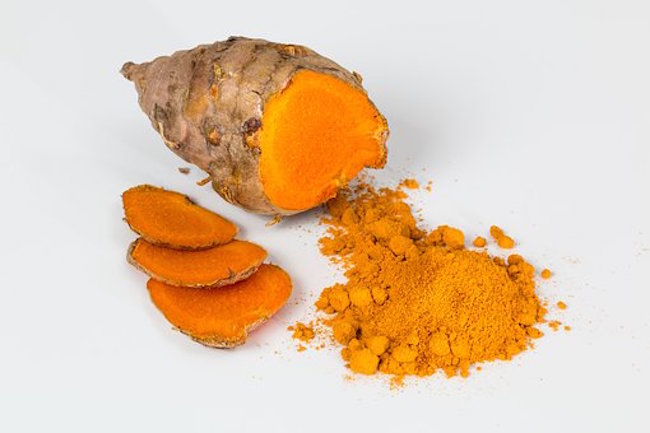Green Tea Compound Improves Zinc Absorption by Dr. Joseph Mercola for Mercola
GNN Note – Studies, around the world, have shown favorable results regarding zinc in the treatment of Wuhan coronavirus. Zinc, along with vitamin D3 and vitamin C may help in the battle of the common cold, flu and now the China virus. Not medical advice, just what I have found to help me. #END
One of the key factors to your health and wellness is your nutrition. Hopefully, everyone who reads my newsletters is drinking plenty of pure water every day and abstaining from soda. After water, the most common beverages people drink are coffee and tea.
Unlike soda, organic coffee and tea are leading sources of beneficial antioxidant polyphenols. According to the Tea Association of the USA,1 tea is found in nearly 80% of all households and on any day, more than 159 million people in the U.S. are drinking it.
Support Our Site

Now is your chance to support Gospel News Network.
We love helping others and believe that’s one of the reasons we are chosen as Ambassadors of the Kingdom, to serve God’s children. We look to the Greatest Commandment as our Powering force.
In 2019, 15% of 84 billion servings of tea was green tea and 84% was black tea. The U.S. is the third largest tea importer in the world and the only Western country growing in the amount of tea imported and consumed. However, while those across the pond take their tea hot,2 approximately 75% of Americans drink it iced.
The organization anticipates industry growth of up to 3%, which may be driven by the growing knowledge of its health benefits, convenience and high-end specialty teas.3 When brewed at home, tea costs about three cents per serving and even the more expensive kinds can be less than 10 cents per serving.
While more than 7,000 studies are recorded in PubMed under “tea and health,”4 only recently have scientists begun investigating the potential for using it as an antimicrobial. Its health benefits come from the leaves of the Camellia sinensis plant, from which all tea is derived.
There are four polyphenols found in green tea, of which epicatechin-3-gallate (ECG), epigallocatechin (EGC), and epigallocatechin-3-gallate (EGCG) have the greatest antimicrobial effects.5
EGCG Improves the Body’s Ability to Use Zinc
Coming into cold and flu season, and the potential for a new wave of COVID-19, many people are talking about the importance of zinc supplementation to thwart an infection. Zinc is an essential mineral found throughout the body and it is a cofactor for nearly 3,000 proteins.6
One of the effective treatments for early symptoms of COVID-19 has been the combination of hydroxychloroquine with zinc. Initially, a team of doctors from New York University used hydroxychloroquine and azithromycin.
Later, zinc sulfate was added to the protocol.7 To compare the outcomes between the two groups they completed a retrospective observational study and found that those who received the zinc sulfate went home more frequently and were less likely to need a ventilator.
As research has been published quickly during the pandemic, some have found that published results are not always accurately supported by the data. For example, the authors of a study published in the Lancet May 22, 2020, claimed a reduction in survival and an increase in ventricular arrhythmias with patients receiving hydroxychloroquine alone or with a macrolide antibiotic, such as azithromycin.
The results were later retracted,8 but not until after the World Health Organization stopped using the drug in their protocols and leaders of other trials announced the investigations were terminated.9 Hydroxychloroquine acts as a zinc ionophore, helping zinc to move into the cells where it can halt the progression of viral replication.10,11
Catechins May Be a Strategic Key to Good Health
There are several ways that the catechins in green tea influence your health. In one study of more than 50,000 participants, scientists found that ischemic heart disease and stroke were the leading causes of death and represented nearly 50% of all premature deaths.12 The simple habit of drinking green or black tea may help reduce your blood pressure; high blood pressure is a contributing factor to heart disease and stroke.13
In a literature review of 25 trials, another group of researchers found that those who drank green or black tea for 12 weeks had an average reduction of 2.6 mm Hg systolic blood pressure and 2.2 mm Hg diastolic blood pressure as compared to those who did not drink tea.14 Although green tea is less popular when compared to the sales of black tea, it provided the best results.
According to the authors, this reduction may be expected to lower risk by 8% for stroke, 5% for coronary artery disease mortality and 4% for all-cause mortality.15 The data support other research showing that drinking three to four cups of tea per day may reduce the risk of heart disease.16
Researchers have found that this amount of daily tea promotes heart and cardiovascular health and reduces the risk of heart attack and stroke through a beneficial effect on endothelial function.17,18
Drinking green tea can also inhibit amyloid-beta plaque formation in the brain, associated with the development of Alzheimer’s disease.19 Altering the structure of the amyloid fibrils can make them less toxic.20 Unfortunately, the concentrations used in the study were so high you couldn’t possibly consume that amount. Drinking green tea is also associated with:




